Language, Dominance and Racial Prejudice Christianise, Humanise, Civilise...
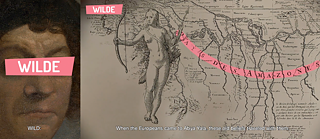
Videostill from the project “Intervention M21” (www.decolonizem21.info): The (De)Colonial Glossary, Part 2, “Civilized - Wild” | © Aliza Yanes & Santiago Calderón
For five centuries, five verbs, and a sixth one is on the way, have defined the development of capitalism and the coloniality of power in the world, as Rodrigo Montoya Rojas explains.
Five verbs have been fundamental in the formation process of capitalism and of modern thought: to christianise, since Roman times; to humanise, before christianising the American Indians, who were considered to be very close to animal status; to civilise, with the first steps of capitalism; to modernise, when its dominance was already consolidated; to globalise, to reach all corners of the world and reign to the fullest; and a sixth verb still to come, which may arise from the current pandemic. The verbs appeared one after another, each one more significant than its predecessor, and all of them still resonant today; and so, the old times and the new times exist in an ebb and flow of continual turbulence. This list emerged from an anthropological look at my field work from 1969-1975 on the process of the formation of capitalism in Peru and its economic, social, political and cultural articulation with indigenous peoples, nations, cultures and languages existing on our soil.With the Portuguese in Brazil and the Spanish in America, there began the five centuries-long process of formation and global expansion of capitalism.
What Divine Grace!
After that blessing, the kings of Spain and Portugal organised the voyages of conquest made by Álvarez de Cabral to Brazil, by Hernán Cortez to México and by Francisco Pizarro to Peru, to take possession and ownership of the lands, the men, the gold and the other riches in those soils, with or without the acceptance of the so-called Indians, with the right to kill them if they resisted, and with the consolation that the souls of these Christian invaders-conquerors would be saved if they succeeded in freeing them from the devil, converting them to Christianity and rewarding them with heavenly paradise.With the Portuguese in Brazil and the Spanish in America, there began the five centuries-long process of formation and global expansion of capitalism, including to present day China with its explicit hybridity of “One country: two systems, communist and capitalist”, now on the verge of becoming the most powerful nation in the world.
Uncompromising Contrasts
Thereafter, the us and the them came face to face; us, the Christian-Spanish, and them, the so-called Indians because of an erroneous belief that Columbus had arrived by a different route to India. The Christian Spanish lived under the illusion of being the us, part of the “Spanish race”, “superior and pure”, believers in the one true god, in their holy religion and Spanish language, and they decreed that the so-called Indians were an “inferior race”, with the original sin of ignoring Christ, of being in the service of the devil, and of being ignorant simply because they could not read or write.This set the path for the political project of humanising, christianising, civilising, modernising and globalising them through baptism, evangelisation, wage labour, school-education, the incorporation of technology to produce more and better, and the full adoption of the capitalist values of today. It is by this last route that the definitive farewell to collectivist ideas and the reign of the individual as the supreme value would be ensured.
Peru – Born Without and Against the American Indians
Latin American republics are celebrating the bicentenary of their independence from Spain. The military leaders copied from Europe the values of independence, homeland and freedom, but they neither took into account the ideals of the enlightenment nor realised that the concept of the republican nation in Germany, England and France, as a synonym for homeland-state, would include all those born there as future citizens of nations of equals, without lords, kings or princes. All this was so true that in Europe not only kings, but also court princes and officials, paid with their lives for the centuries of exploitation and denial of freedoms.In Peru, Indians, who represented 80% of the population, were absolutely excluded. Almost one hundred years after being written, José Carlos Mariátegui’s phrase “The original sin of the Republic of Peru was to have been born without the Indians and against the Indians” is still fundamentally true. With few exceptions, republican values were formally adopted by slavers and Indians; by military careerists who made the army the first political party of the country, as the famous historian Jorge Basadre wrote; by conservative priests, judges and courtiers of the viceroy. Each military president had the astuteness to approve a constitution to suit him.
Today, two hundred years later, the republic continues to be an unfulfilled promise, a nation imposed by decree that continues to reject nations and peoples that really exist in the country.
Political World Domination in Favour of the Creoles
Despite talking ad infinitum about the love of Christ; despite the republican values of the Enlightenment and of the new social contract; despite the freedom, equality and fraternity of the French Revolution, this project of global political domination went ahead for the sole benefit of the Creoles, the direct descendants of the Spaniards. Unfortunately, the first great anti-colonial indigenous revolution by Túpac Amaru, Túpac Katari and Tomás Katari (1780-1782) was defeated.At a time when centrist European values are in full force, the irreconcilable oppositions are still regrettable: modernity – tradition (modern society - primitive society); rationality – irrationality; reason – magic; society – individual; object – subject; culture – nature; sacred – profane.
Superiority Complex
For reasons of space, I shall detain myself at only one: because of their superiority complex, Europeans and North Americans believed and still believe that modern man – “great creators of culture”, in the singular – is above nature. Because of this very grave mistake, the planet is in serious danger of extinction. Capitalists, communists and socialists who really exist have no qualms about taking from the planet and from mother earth all its resources. With this profound conviction, multinationals kill rivers, destroy forests, leave skies without birds, and when the oil, minerals, gold and gas run out, they leave behind immense holes and move on. The wise indigenous people around the world maintain that human beings are not owners of the land, that we are simply part of nature, and that we belong to it. With their struggles to defend their rights (land, territory, language, culture, self-government, etc.), indigenous peoples represent the last hope we have left.In the last four months, the coronavirus pandemic has demonstrated the feet of clay of capitalism; it will try to save itself, but it may no longer be possible. History has taught us: no empire is eternal. The final lesson is to have learned that the Allin Kawsay (“good living” en Quechua) is ethically superior to so-called development, understood simply as the accumulation of wealth.

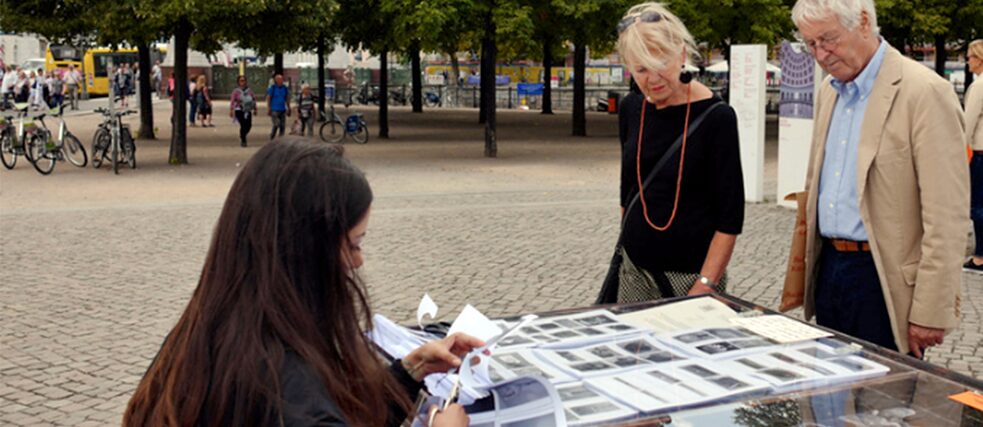
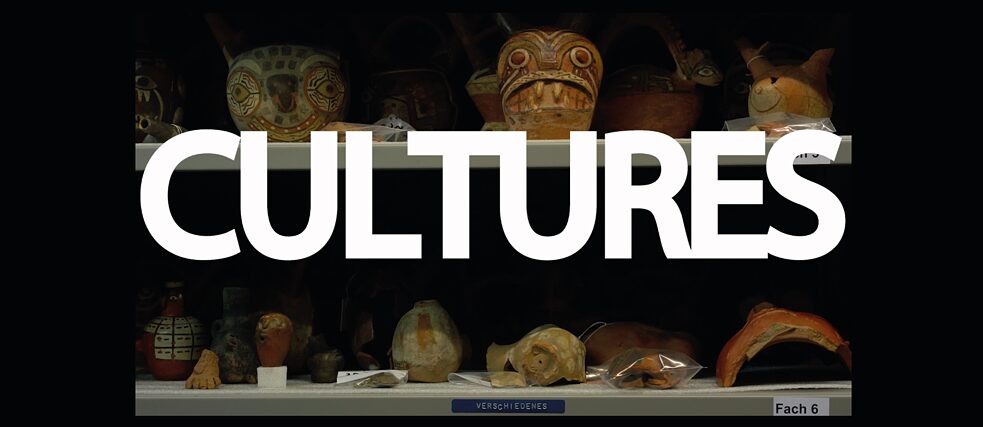
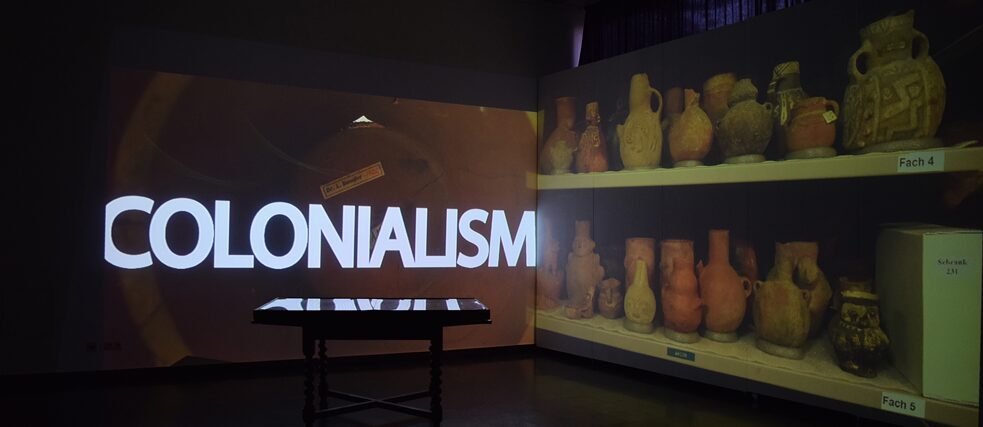
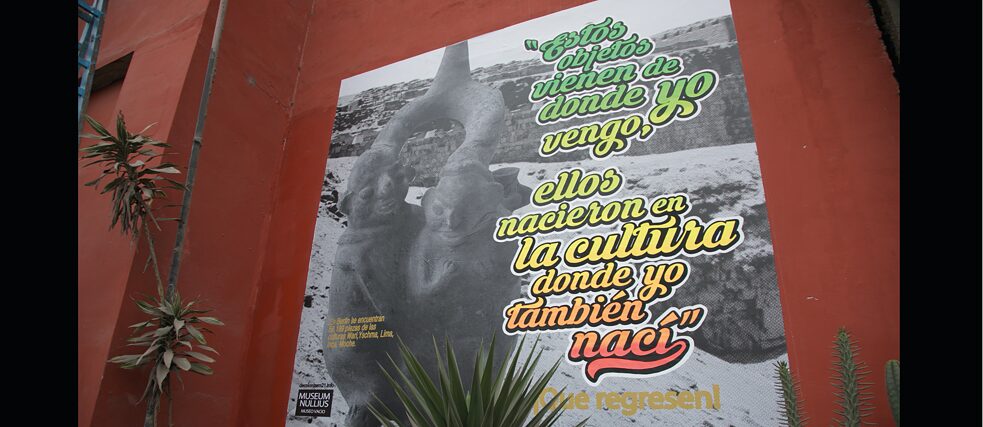
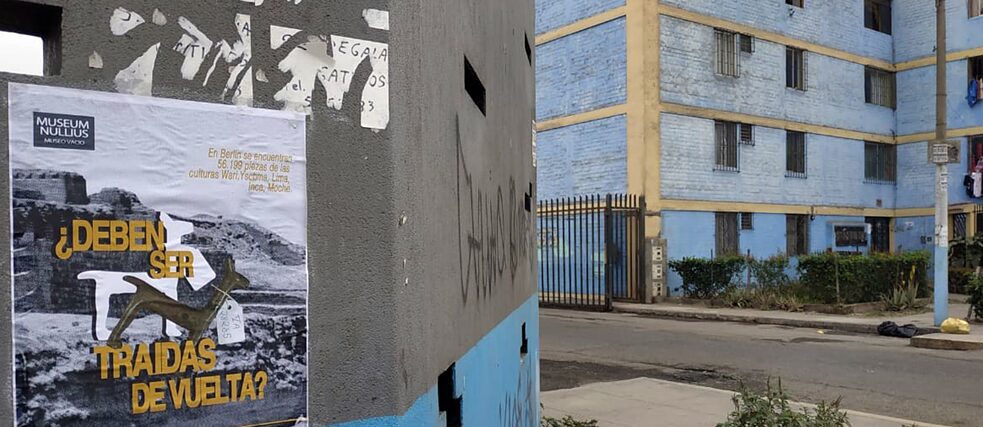
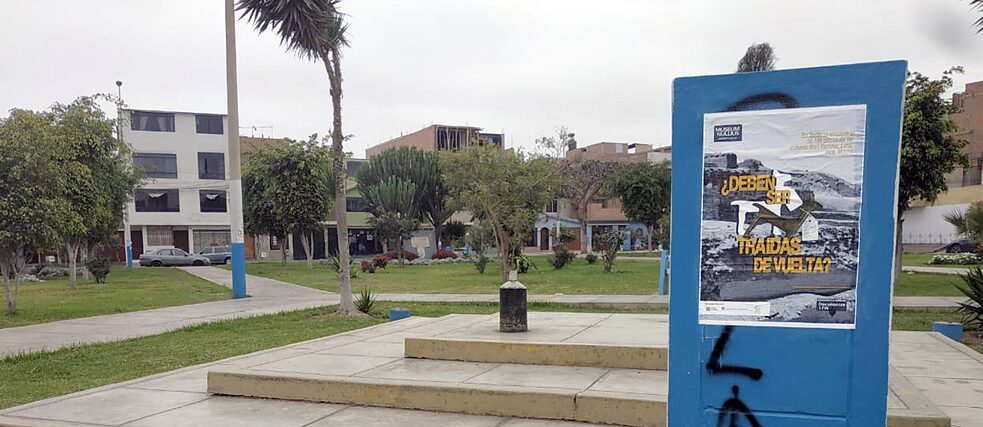
0 0 Comments